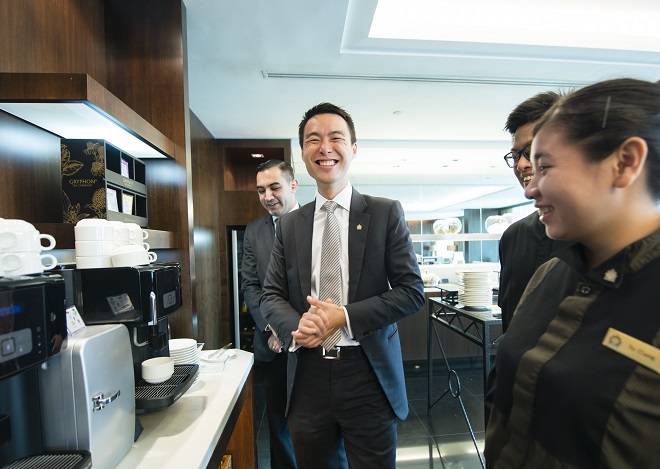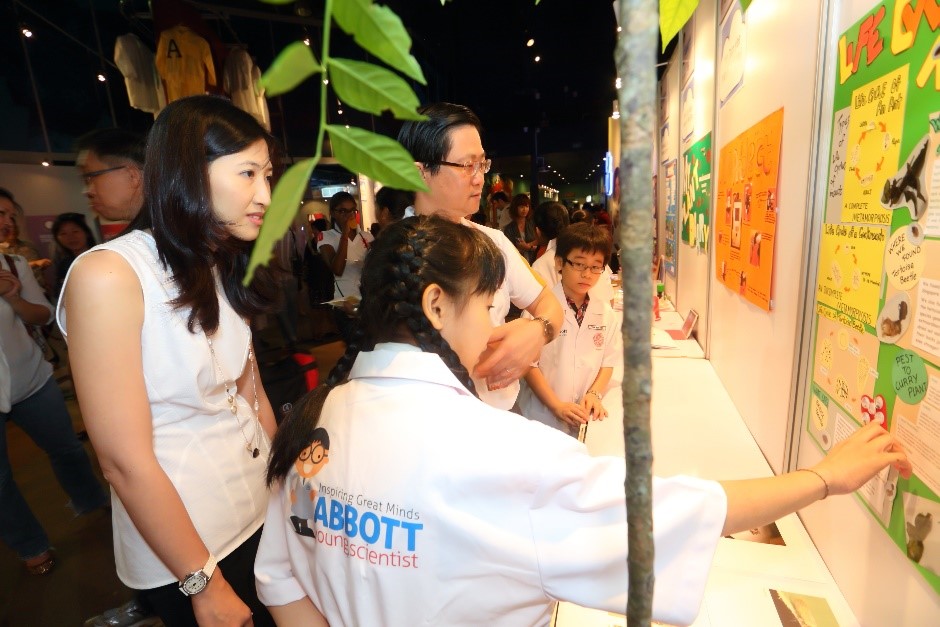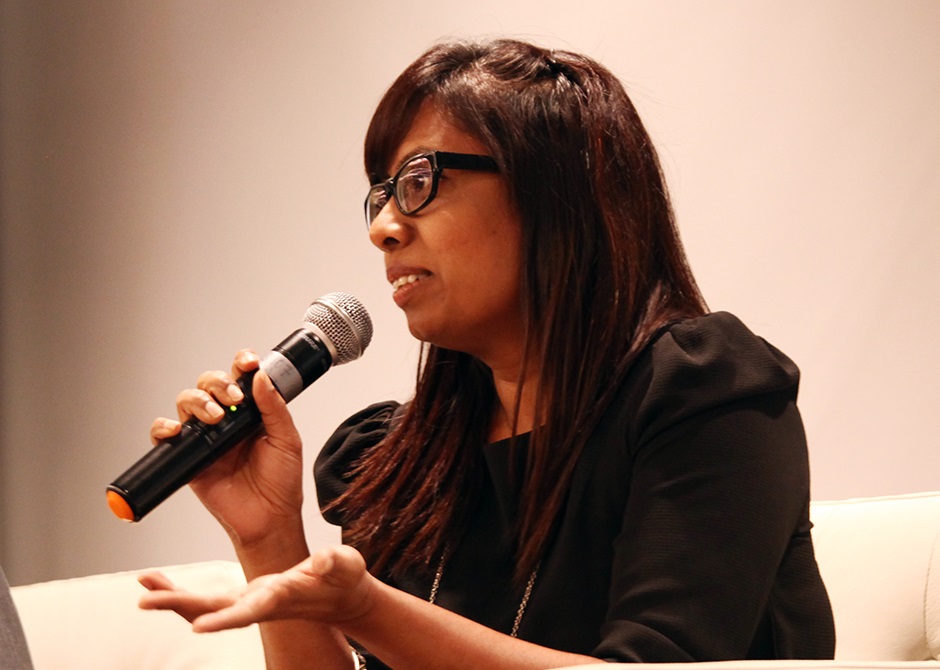Tell us a little about your own journey – how did you find your interest in hospitality and business?
When I was growing up, my parents only gave me two options: medicine or law. I don’t enjoy seeing blood, so medicine was out. As a sign of respect, I followed their wishes and read law for a year. I tried my best but didn’t enjoy it. As result, I didn’t do well. At the end of my first year, I told my parents I had tried but I could not go through with it.
That was how I switched over to mathematics and business. I did quite well then simply because I enjoyed it so much.
What can you say to young Singaporeans out there who are in the same situation?
Now that I’m a parent, I understand that all parents want the best for their children. That is why we tend to instruct our children what to do. But I think you children need to take responsibility and talk to your parents about what you like and dislike, and how you see your future mapping out. If your parents feel strongly that you’ve undergone a comprehensive thought process, they are more likely to support you.
Some of us have a hard time learning what our passion is. Any advice?
It’s important to think about your passion, what you like and dislike in general, and what the things in life that make you happy are.
Take choosing a sport for example. If you like being in a team, you may choose a sport like football or rugby. But if you are individualistic, you might look at swimming or things you can do on your own.
Choosing a career is similar; think about what you like. Do you prefer working independently or in a team? Do you like to be exposed to different environments or do you want to be desk-bound? If you go through this thought process, you can roughly understand the type of environment you enjoy and slowly narrow down the opportunities that are available.
Who are the ones who are a natural fit for the hospitality industry?
Our industry is very people-centric. You have to deal with many people on a daily basis, whether they are guests, colleagues, vendors or industry partners. You first have to be people-oriented and like working in a team. You have to be approachable, observant and be able to anticipate what a guest might need. It is this attention to detail that brings service to life.
Do paper qualifications come in handy?
What is crucial is a person’s attitude and passion in this people-oriented business. To progress in this industry, one needs to be street-smart, not book-smart.
A hotel runs 24/7 and often, there are situations that fall outside of the rulebook. You need to think on your feet. If you have excellent grades but cannot think out of the box to solve an issue at hand, “excellent grades” will be of no use to me.
How do you tell if a person is street-smart?
I usually ask a couple of questions to see how fast the person thinks on the spot. One is an IQ question and the other is a quick, simple business case study, which they need to answer in just three minutes.
For example, I’ve asked candidates to imagine this: they are operating an ice-cream cart on a popular beach and there is one rival business fighting for customers on the beach. They are required to draw up a plan to win at least 50% of the customers. From their quick responses, I can see their thought processes and whether they are able to quickly devise solutions that are sound.
How can young people be better prepared for the challenging future?
I think we’re [finding] a much faster pace of change than ever before. The only constant is change, so we need to embrace that. Having an innovative mind-set is crucial.
From home to schools to the workplace, we will need to prepare the younger generation by giving them project-based assignments, and challenge them constantly to think without a box. We need to provide an environment for them to dream big and not kill that dream early on.
Can you share what parents can do to foster that environment at home?
I’ll use the example of Lego. With Lego, there’s a manual we are “supposed” to follow. But children don’t necessarily want to build according to the instructions. As parents, we need to remember not to insist on following the manual. Allow them to use creativity and “build the house” differently from the manual.
Encourage them to go with their ideas and ask them “How did you come up with this? What else can you do with it?” If you want them to think outside the box, then you shouldn’t even set a box for them.






